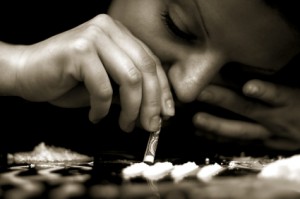 Substance abuse is a phenomenon that plagues every corner of society, with no regard for demographic. People are drawn to overusing or harmfully using substances for a variety of reasons, even to the point of requiring treatment or rehabilitation, but many similarities can be drawn between individual cases of substance abuse. And though substance abuse and addiction share many attributes, the differences between them are quantifiable.
Substance abuse is a phenomenon that plagues every corner of society, with no regard for demographic. People are drawn to overusing or harmfully using substances for a variety of reasons, even to the point of requiring treatment or rehabilitation, but many similarities can be drawn between individual cases of substance abuse. And though substance abuse and addiction share many attributes, the differences between them are quantifiable.
First of all, there is more than one kind of addiction. There are physical addictions, where the body and its chemical processes have become dependent on the substance to function. This form of addiction creates withdrawal symptoms such as sweating and shaking when the substance is not ingested, and creates a tolerance within the body against the pleasurable affects of the substance, requiring an increasingly higher dosage of it with every use. The second type of addiction is a psychological one, which makes the addict feel and believe that they cannot function without the drug despite having no chemical dependence on it.
Addiction may form due to the method the substance is being administered. For example, drugs that enter the system through needle injection, such as meth and heroin, are more addictive than drugs that enter the system slowly, such as marijuana smoked from a pipe into the lungs or cocaine snorted onto the nasal membranes. Dependence and tolerance set in simultaneously to addiction, making the method of ingestion a critical determining factor in the transition from substance abuse to addiction.
The individual’s personality and chemical make up play a major part in how quickly they may become addicted to a substance. The term “addictive personality” is used to describe this type of individual, but in truth it is an array of things, chemical, environmental and behavioral, that can make a person more predisposed to addiction than others. For some, an addiction may come on slowly and progressively. For others, it can feel like it set in over night.
